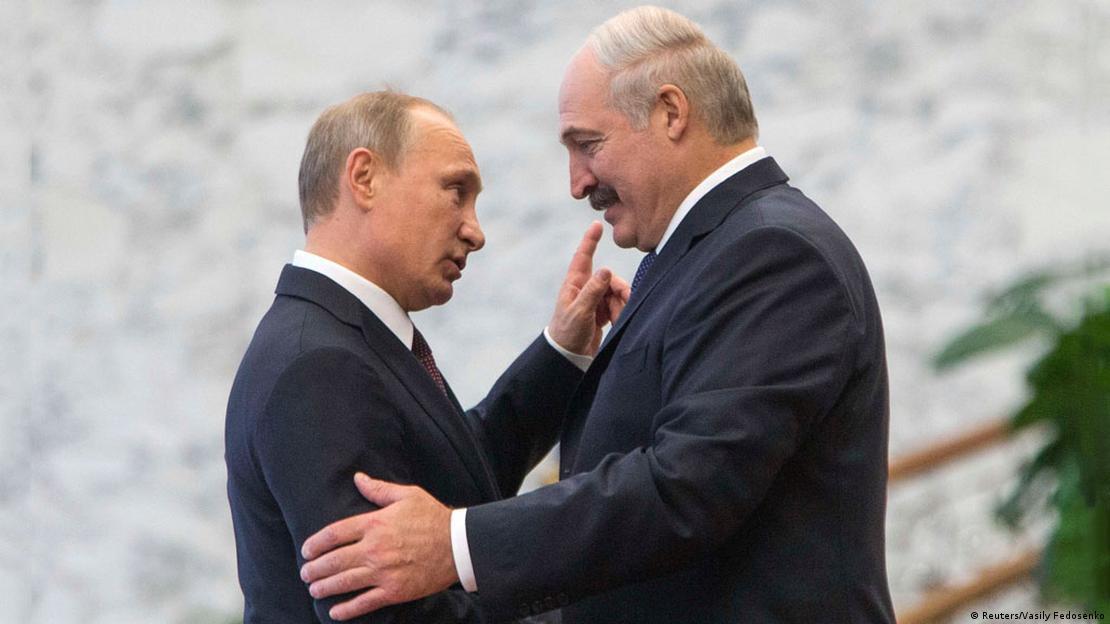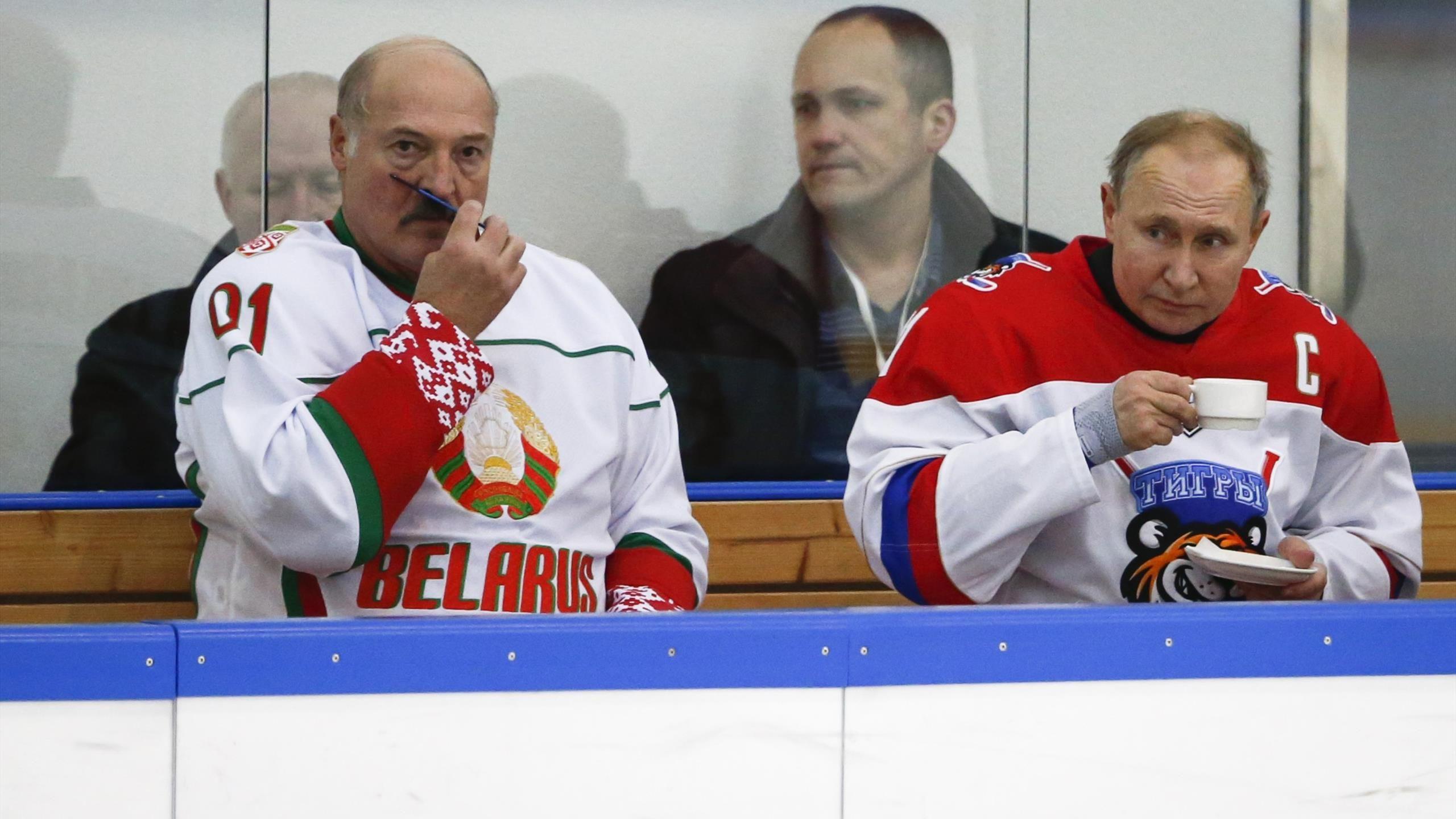Short-term prospects
Among Russia’s goals in the political sphere is the establishment of stable pro-Russian pressure groups in the Belarusian political elite while “curtailing the influence” of local “nationalist and pro-Western forces”. They also imply the completion of the constitutional reform in Belarus on Russian terms which should result in the desired shaping of the Belarusian political and party system.
At the same time, it is proposed to hold joint military exercises between the two countries regularly and agree on a relevant schedule. According to the plan, these exercises will involve the armed forces and special services of the two countries. The curtailment of these activities could jeopardize the Russia-Belarus integration, the leaked paper warns.
The document also mentions plans to ratify the agreement on mutual recognition of visas and strengthen cross-border and interregional cooperation between the two countries. “Ensuring the integration of Belarusian NPP into the Union State energy system” is particularly stressed.
The final point of the plan envisages Russia’s control over “the comprehensive fulfilment of obligations by the Republic of Belarus within the Union State and other promoted integration associations.”
According to the document, the rapprochement between our country and NATO or its members, as well as the destabilisation of its social and political situation “due to the EU or US leverage” can pose a threat to maintaining Russian influence in Belarus. The author(s) of the document also fear(s) the “rise” of “pro-Western and nationalist” politicians in Lukashenka’s entourage.
In the trade and economic sphere, the paper says, Russia intends to act in a similar way. The short-term goals include establishing pro-Russian pressure groups within the Belarusian economic elite, as well as dealing with the issues related to “transit and infrastructure platforms”. Moreover, Russia allegedly intends to re-route to its ports the bulk of products currently transshipped through the Polish and Baltic ports.
The document also says Russia wants to discontinue roaming in the Union State and promote Belarus’ accession to the WTO.
Among possible threats to integration in the short term, the document names the potential increase of Belarus’ trade with the EU countries and the USA and “discrimination against Russian companies and producers”. The author(s) also suggest(s) that Russia and Belarus may face problems in selling electricity generated by the Belarusian NPP due to a “coordinated adverse campaign by European countries.”
In the humanitarian sphere, the short-term plans are to form pro-Russian pressure groups in the Belarusian scientific and expert community and civil society. In the media space of Belarus, the idea is to promote the advantages of cultural, economic, and political integration with Russia.
There are also intentions to increase the number of Belarusian students, trainees, and cadets in Russia’s leading universities, the document says. At the same time, Belarus should open the Unified State Examination centres or develop a methodology for the mutual recognition of the Belarusian Centralised Assessment and Russian Unified State Examination results.
A separate paragraph is devoted to the potential of boosting federal and regional Russian theatre tours to Belarus, as well as organising temporary exhibitions of Russian museums of global, federal and regional scales.
According to the leak, these plans may be threatened by deliveries of US and European COVID-19 vaccines to Belarus to replace Russian medications. The paper shows that Putin’s Presidential Office is also concerned about the possible drop in the Russian media’s influence on the Belarusian information space.
Mid-term prospects
In the medium term, Russia allegedly intends to maximize the number of pro-Russian politicians among the Belarusian authorities and simplify the procedure for issuing Russian passports to Belarusians. According to the document, there are also plans to expand the infrastructure of Russia’s military presence in Belarus and to prevent NATO military exercises from being held on the territory of our country.
At the same time, the author(s) of the master plan consider(s) the potential of Belarus joining NATO as a threat to the country’s integration with Russia. The increase in the number of Belarusians who have received a residence permit in Poland based on their Polish ancestry and who are oriented towards living, studying and working in the EU is seen as another point of concern.
In the trade and economic sphere, according to the document, the unification of the customs legislation of the two countries, the adoption and ratification of the Union State Tax Code, as well as the merger of the energy and transport systems of Russia and Belarus are planned. One of the risks in this context is the possible reorientation of Belarus towards oil supplies delivered via Polish and Ukrainian ports.




